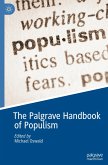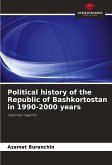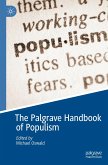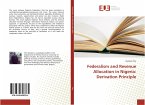The structural weakness of the Nation State with regard to the phenomena of globalization and regionalism has encouraged the studies on the possible reforms. Discussing about the State assumes the identification of its current meaning on a global scale, hence the need to construct a new epistemology of the state dimension entirely included in the historical process. The debate about modernity, in its last developments, has criticized the globalising tendencies, largely refusing the generalizations of the European model; similarly, it has criticized the universal and inevitable character of modernization, affirmed without considering the differences of paths and experiences all over the world. This book tries to analyse the founding features, the evolution and crisis of the Nation State in Europe and in Middle East in a comparative perspective, focusing on possible alternatives. The Democratic Confederalism, a new political model developed by Abdullah Öcalan and implemented in theautonomous regions of North Syria, aims to overcome the Nation State and to make a proposal for the political theory inside and outside the Middle East.
Bitte wählen Sie Ihr Anliegen aus.
Rechnungen
Retourenschein anfordern
Bestellstatus
Storno








